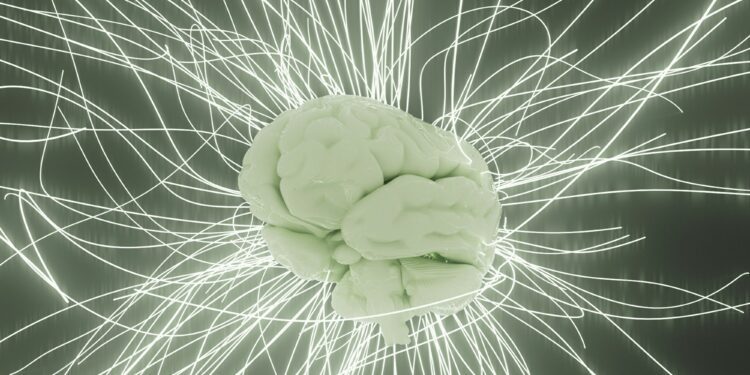Elon Musk, the visionary entrepreneur behind companies like Tesla and SpaceX, has set his sights on revolutionizing healthcare with his latest venture, Neuralink. Founded in 2016, Neuralink aims to merge human brains with artificial intelligence through the development of brain-computer interfaces. Musk believes that this technology has the potential to treat a wide range of neurological disorders and ultimately enhance human capabilities, leading to unprecedented innovations in healthcare.
Neuralink’s healthcare ambitions have sparked both excitement and controversy within the medical community. On one hand, the prospect of using brain-computer interfaces to treat conditions such as paralysis, epilepsy, and depression holds immense promise. By directly stimulating or recording neural activity, these devices could potentially restore lost function or alleviate symptoms in ways that traditional treatments cannot, heralding a new era in modern medical practice.
However, the idea of merging human brains with AI also raises concerns about privacy, security, and the potential for unintended consequences. Critics worry about the implications of giving a private company access to our most intimate thoughts and feelings. They fear that this technology could be exploited for surveillance or manipulation, leading to ethical dilemmas and societal unrest. These concerns place Neuralink at the center of several critical health policy.
Despite these challenges, Musk remains undeterred in his quest to push the boundaries of what is possible in healthcare. He envisions a future where brain-computer interfaces are as commonplace as smartphones, enabling seamless communication between humans and machines. By bridging the gap between biology and technology, Neuralink could unlock new possibilities for human evolution and transcend the limitations of the human body.
Ultimately, the success of Neuralink’s healthcare ambitions will depend on overcoming technical, regulatory, and ethical hurdles. As Musk and his team continue to push the boundaries of innovation, they must ensure that their technology is safe, secure, and beneficial for humanity as a whole. With the potential to transform the way we think about healthcare and the human mind, Neuralink represents a bold and ambitious vision for the future of medicine. Only time will tell whether Musk’s dreams will become a reality.















